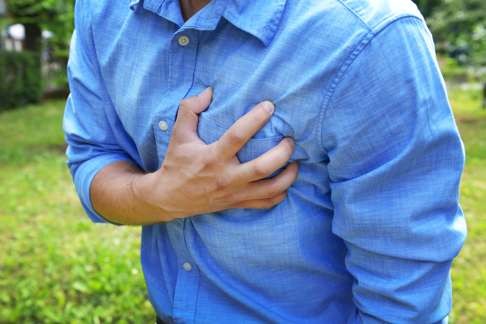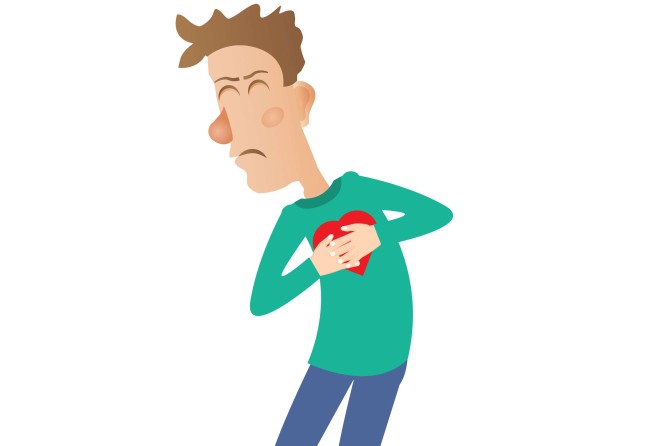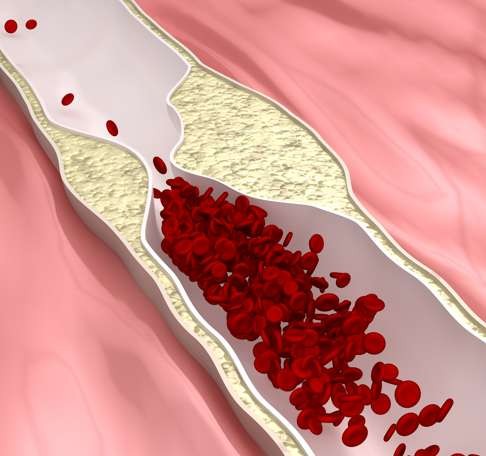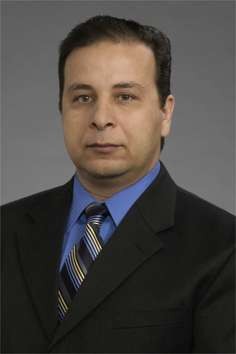
Heart attacks – know the warning signs of a silent killer
Nearly half of all heart attacks are ‘silent’ – minus the classic chest-clutching excruciating pain and breathlessness – but they’re potentially just as deadly, says new research

Does a heart attack always cause chest pains, shortness of breath and other warning signs?
The straight answer: No
The facts: Heart attacks often involve discomfort in the centre of the chest that lasts more than a few minutes, or goes away and comes back. It can feel like uncomfortable pressure, squeezing, fullness or pain. You may have pain or discomfort in one or both arms, the back, neck, jaw or stomach, as well as shortness of breath, nausea, lightheadedness and you may break out in a cold sweat.
But nearly half of all heart attacks may be “silent” and – like those that come with classic warning signs – silent heart attacks increase the risk of dying from heart disease and other causes, according to new research in the American Heart Association’s journal Circulation.
“The outcome of a silent heart attack is as bad as a heart attack that is recognised while it is happening,” says Dr Elsayed Z. Soliman, study senior author and director of the epidemiological cardiology research centre at Wake Forest Baptist Medical Centre, Winston-Salem in North Carolina. “And because patients don’t know they have had a silent heart attack, they may not receive the treatment they need to prevent another one.”

Symptoms of silent heart attacks appear so mild that they are barely noticed, if at all. They are detected later, usually when patients undergo an electrocardiogram, better known as an ECG or EKG, to check their heart’s electrical activity, experts say.
The researchers analysed the records of 9,498 middle-aged adults already enrolled in the Atherosclerosis Risk in Communities, a study conducted in four US communities that began in 1987. It analyses the causes and outcomes of atherosclerosis – which is the hardening of the arteries – over time in the study participants who were free of heart disease at the start of the study.
Over an average of nine years after the start of the study, 317 participants had silent heart attacks while 386 had heart attacks with clinical symptoms. Researchers continued to follow participants for more than two decades to track deaths from heart attack and other diseases.
They found that silent heart attacks made up 45 per cent of all heart attacks; increased the chances of dying from heart disease by three times; increased the chances of dying from all causes by 34 per cent; and were more common in men but more likely to cause death in women.
“Women with a silent heart attack appear to fare worse than men,” Soliman says. “Our study also suggests that blacks may fare worse than whites, but the number of blacks may have been too small to say that with certainty.”

Researchers accounted for many factors that could bias results, including smoking, body weight, diabetes, high blood pressure and cholesterol, as well as income and education.
Soliman says that silent heart attacks, once discovered, should be treated as aggressively as heart attacks with symptoms.

“The modifiable risk factors are the same for both kinds of heart attacks. Doctors need to help patients who have had a silent heart attack quit smoking, reduce their weight, control cholesterol and blood pressure and get more exercise.”